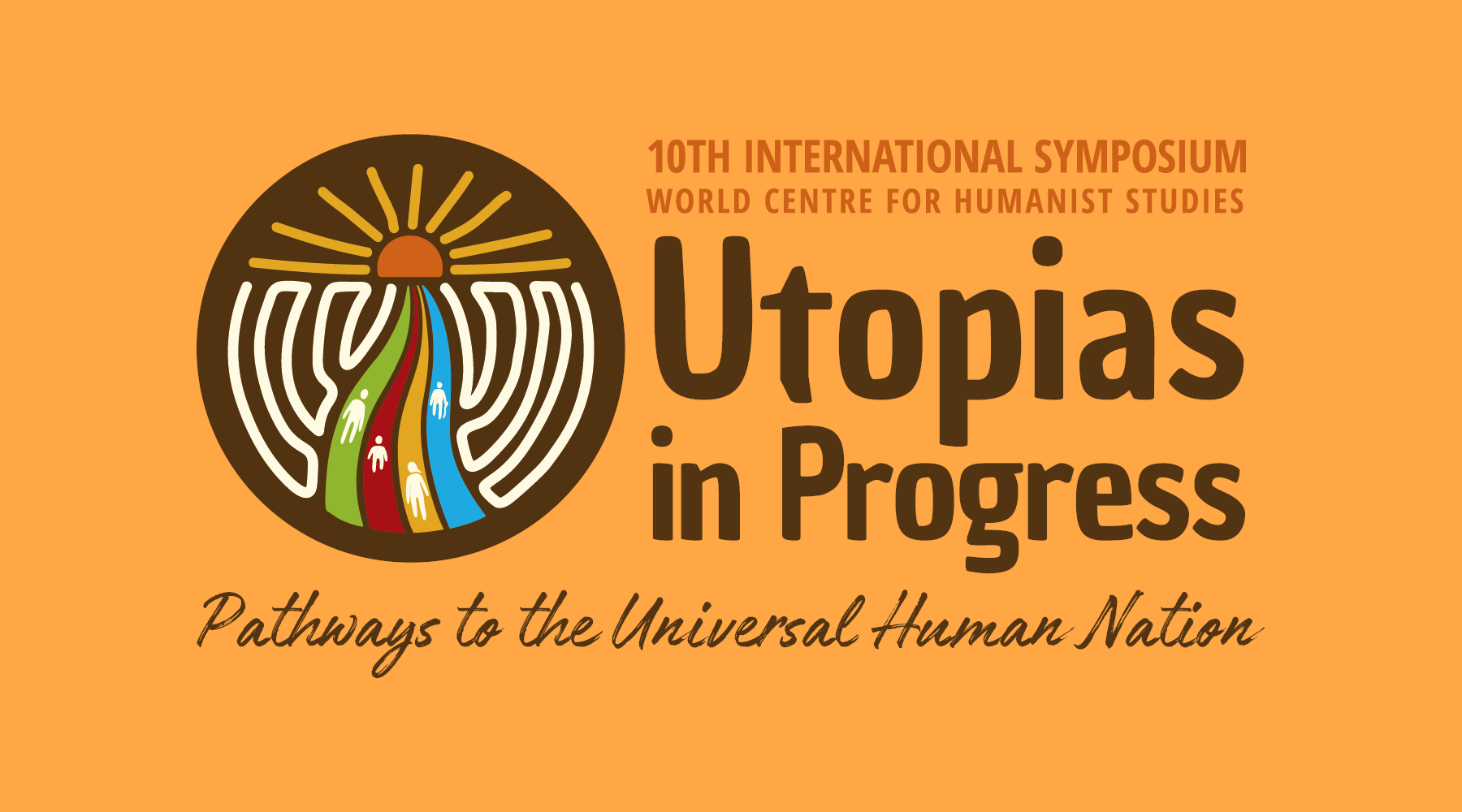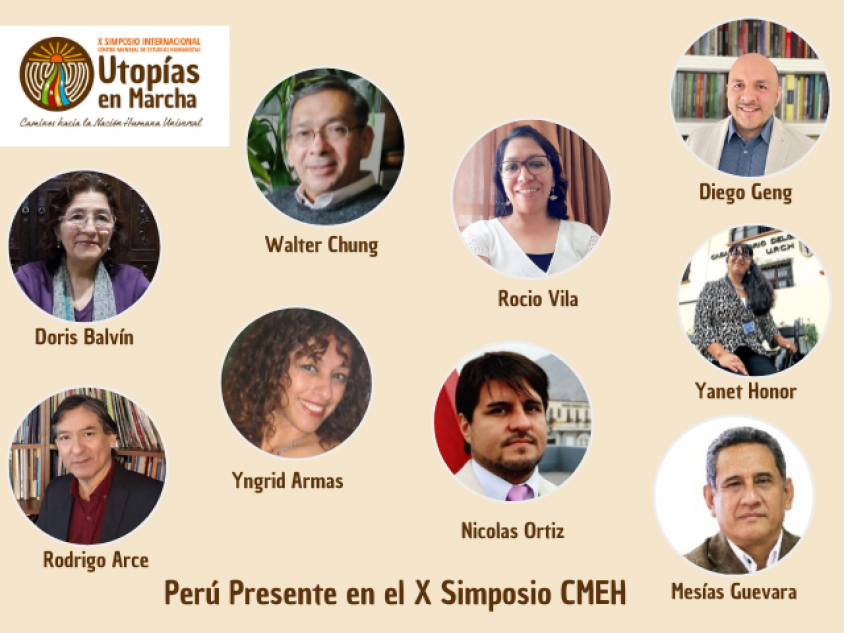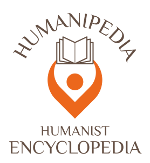There are nine Peruvians who will present presentations and / or participate in round tables at The X International Symposium of CMEH ut utopias en Marcha paths to the universal human nation! the event will be held in virtual and face-to-face mode between May 8 and 11, 2025.
The X International Symposium of the CMEH will address the most varied themes and all of them have in common the construction of utopias, those other ways of doing things that silently dismantle the status quo that is leading us to the global civilizational collapse.
Speakers and presentations
From Peru, we will have a group of university professors speakers, among whom: Nicolás Ortiz, Yngrid Armas, Rodrigo Arce, Walter Chung and Diego Geng.
Nicolás Ortiz, strategist, consultant, researcher and writer, and jury of innovation funds for the government program – INNOVATE, will present the presentation that summarizes a research on the "innovative culture and development of emerging producer communities".
It addresses the experience of communities that have achieved successful adaptation in a context of pandemic and rebirth. It analyzes concepts such as organizational culture and innovative thinking in these emerging producer communities, and how an ideal innovative culture scheme would be configured to deal with intense and unexpected contexts of change, such as pandemics.
Yngrid Armas, a lawyer specializing in civil and Commercial Law, self-taught poet, defender of the environment and the rights of women, children and adolescents, will present the lecture entitled "hypergamy and power relations in marriage".
He will refer us to hypergamy and power relationships within marriage, which are interconnected, especially in contexts where social and economic status play a central role in the relationship. However, traditional norms and dynamics are evolving, and today it is more common to see marriages in which both spouses seek a more equitable relationship.
Rodrigo Arce, Ing. Forest, Mg.Sc. in conservation of Forest Resources, Doctor of complex thinking, consultant and researcher in forests and complexity, forest philosophy, environmental, ecological and forest humanities, will tell us about "symbiotic humus".
Rodrigo's presentation develops the concept of" humunisdad " to refer to all expressions of human and non-human life in the recognition that in the end we are all humus, Earth, we are all formed by a base of common chemical elements in different degrees of proportion.
It affirms that symbioetics collects the perspective of an integrative ethics that recognizes the fact that all living beings are in one way or another interrelated, as expressed by our character as holobionts, which is nothing more than another way of saying that we are Gaia, we are Pachamama, we are biosphere, we are interspecies and we interexist.
Diego Geng, Doctor of Sociology, master and researcher in Water Resources Management and professor at the Pontifical Catholic University of Peru will share a lecture with Doris Balvin, senior researcher at the Center for Humanistic Studies new civilization, Lima, Peru, specialist in social ecology.
The presentation deals with the theme "Water Management in basins with mining presence: betting on a relationship of respect for life" that analyzes the experiences of water governance in mining contexts in southern Peru, specifically in the regions of Tacna and Moquegua, proposing a territorial management model that transcends the current dynamics of conflict and favors processes of dialogue and reconciliation between the various actors.
The presentation focuses on building a new relationship between mining and local communities that responds to the emergencies of the climate and ecological crisis; and proposes a strategy for scaling up the lessons learned that were implemented in mining and community relations in Ilo at the local scale, and Arequipa at the regional scale, to apply them simultaneously in the territorial space of the regions of Tacna and Moquegua.
Walter Chung, mechanical engineer by training and specialist in marketing and industrial processes, with a second specialty in Cognitive Behavioral Therapy and Master in Psychology of Education and Human Development, humanist since 1974, member of the Center for humanist Studies new civilization (Peru, 2008); which will reflect on the therapeutic application of the psychology of the New Humanism, psychological development made by Silo, with the intention of contributing to the overcoming of suffering.
Practicing in this direction many questions and approaches arise that are necessary to submit to reflection and exchange between peers and the civil society in question. This dissertation intends to expose several questions to this collective potential, such as What are the theoretical contributions of Novohumanist psychology to the main current currents? What would be the location of the therapist in this perspective? What are the new tools and what are the most complementary for this therapeutic application?
On the other hand, we will also count on Messias Guevara, politician, senior executive with solid experience in leading multinational companies in technological solutions. Former regional governor of Cajamarca and former congressman of the Republic. Member of the Board of Directors of the National Center for Strategic Planning – CEPLAN and the Board of Directors of the National Council of Science and Technology – CONCYTEC.
Guevara will tell us how the complex region of Cajamarca faced the covid 19 pandemic, a region with about one and a half million inhabitants, 13 provinces with very differentiated and different customs, defined by their geographical space. Responses such as the formation of the regional siege and the strengthening of our health system, made it possible to maintain faith in the future, high morale allowing the recovery of the regional economy and the improvement in Community Health indexes.
Round tables and talks
Finally, we will have two round tables on education, in which Rocío Vila and Yanet Honor will participate and a conversation of the humanist network of Social Ecology and Climate Change in which Rodrigo Arce and Doris Balvin, who is a lawyer at PUCP and Master in Environmental Management, with specialization in environmental public policies, management of sustainable local development and production of knowledge in human development, will also participate. Both experts are part of the Coordination Team of this network, which is currently part of the thematic table of the same name of the world Humanist Forum.
In the round table "contributions and contemporary challenges in the construction of a humanizing education, from the Andean region", Yanet Honor will participate, teacher of basic education with Masters in Educational Management and didactics of Sciences, specialist in Rural education and transformative pedagogies, promoter of the network of Humanist educators Ecuador Peru, since 2016.
This roundtable seeks to encourage an exchange of experiences of sensitive educators with a long history of social commitment in the Andean region, through a methodology of creative dialogue, it aspires to propose perspectives that can guide to a human future "without walls, non-violent, sustainable and equitable". Emphasis will be placed on images that, connecting memory with Project, Inspire the multiple social actors who are in search of a humanizing and liberating educational direction.
At the round table " educational utopias in action. From rigidity to creativity in education" will participate Rocío Vila, who will focus on the theme of reconciliation, as a learning process, a deep knowledge, a tool capable of transforming difficult experiences into meaningful learning. In this way, it opens the future for unitive and integrative actions.
Vila considers that focusing on education from a perspective of reconciliation presents us with new challenges and it is necessary to dialogue about these challenges considering the personal, social and cultural experiences related to this process.
Finally, in the conversation organized by The Humanist network of Social Ecology and climate change will participate Rodrigo Arce and Doris Balvin with the theme: "The Utopia of the care of the common home the response to threatened life", where will be placed on the carpet not only the path of our species and its relationship with the common home, but how it is that from different fronts are being given answers of the most diverse in the direction of reassembling the current situation and put the human being as a central value in harmony, advance towards reconciling the human with the other forms of life, guiding science and technology at the service of life and not the interests of a few who today profit from the hopes and best aspirations of human beings.
Thus, As we approach the scheduled date for the X International Symposium of the CMEH and we already have the program structured, we are pleased to inform you about the Peruvian speakers and panelists who will air on the virtual platform of Peru. Further on, we will continue to inform you about the presentations and activities that will be presented from the different countries of the world, as well as the face-to-face programs that will be integrated into the virtual platform, from more than 10 locations around the world.
Without a doubt, this X Symposium is a concrete response to the global civilizational collapse and a contribution to this silent task of those who have been building the future with their hands now!
To participate in the program that brings the X International Symposium of CMEH register here: http://2025.worldsymposium.org/es/registration




